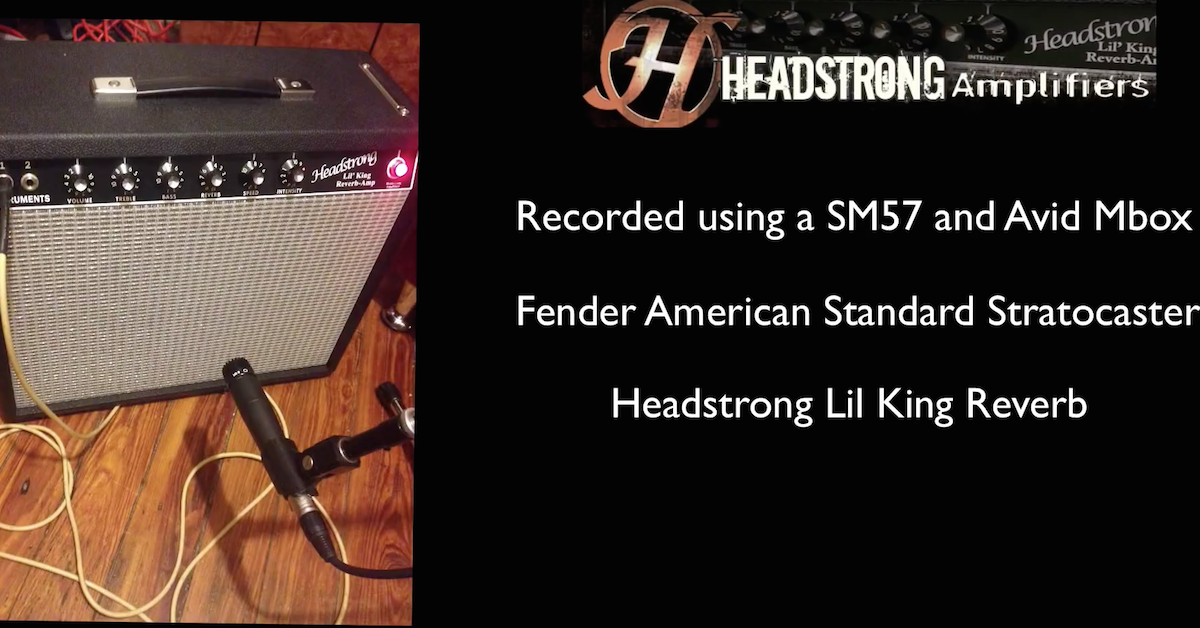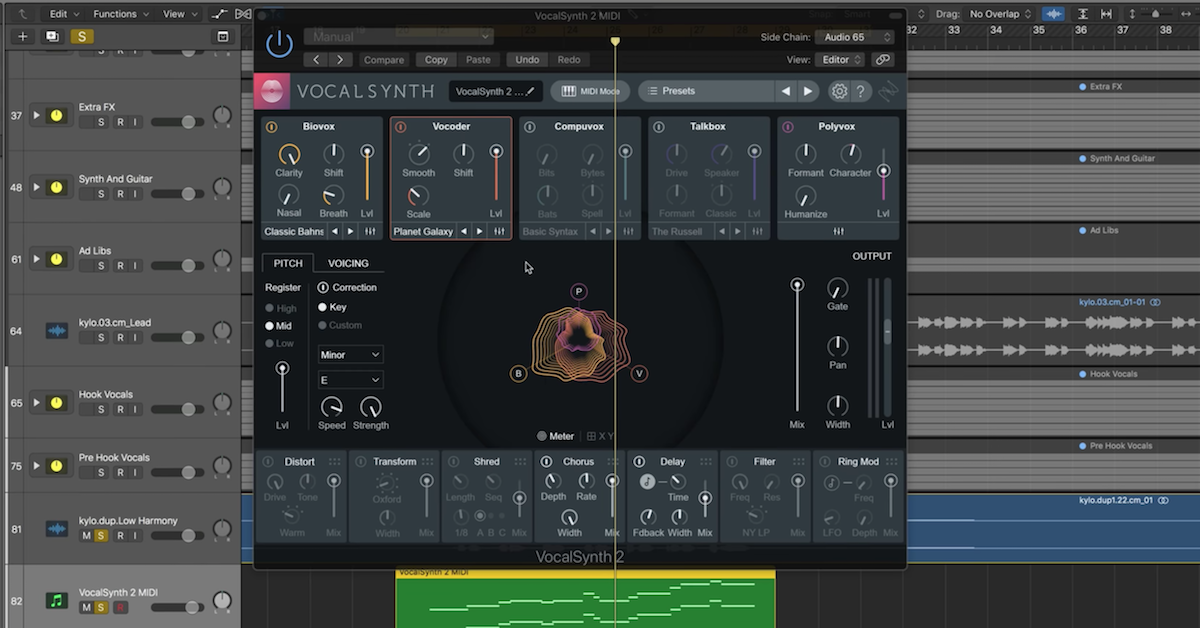4 Bits of New Year’s Resolutions for Audio Engineers
Article Content
The new year is a great time for reflection and preparation. It’s a healthy time to evaluate the past and a beneficial time to plan for the future.
What things have gone well? What would you like to improve? What strategy will you use to make productive changes?
As an audio engineer, I try to set goals for my work as a way to improve and stay productive.
Most of us deal with a similar set of unique challenges in a freelance vocation and I’ve decided to put together a list of things I’d like to accomplish in the coming year as an audio engineer.
1. Get More Work Done
This resolution is a three-step process.
First, I resolve to get more work.
As simple as it sounds, this can be easier said than done. Freelance, project-based work can be very sporadic. It’s a constant grind to keep the work coming in. Some factors are beyond our control. The best thing we can do is network. Meet new people. Go to concerts to find musicians needing your services. Connect with other audio engineers that have more work than they can handle. Use social media professionally. Collaborate.
Second, I resolve to get better work.
When times are slow, beggars can’t be choosers. If this is the case, I recommend taking whatever work you can get. It can be a humbling yet valuable experience to go through. With that being said, don’t settle for uninspiring work if you don’t have to. You’ll do better work if you care about the end result and want to be proud of your accomplishments.
Finally, I resolve to get the work done.
In my experience, I find this to be one of the hardest things for audio engineers and producers. My theory is that we’re a mix of creative “free spirits” and technical perfectionists. This can be a dangerous combination when it comes to productivity. My advice is to set reasonable deadlines and work with people that hold you accountable.
2. Create a Budget and Stick to It
As an audio engineer, there’s an endless amount of gear to lust over. Whether you’re an analog purist or digital aficionado, there’s always something else to purchase.
You may be a part-time hobbyist or a full-time professional, but it’s always helpful to embrace the constraints of a budget.
If audio is how you make a living, then you should approach your budget as an investment. Every dollar spent should have a purpose to bring in more dollars. If a purchase can’t be justified by a likely potential to make more money, then you should limit indulgences.
If you’re in audio for the long haul, one practical way to watch your expenses is to only shop for products when they’re on sale. The life cycle of a software product almost always includes a reduction in price after it’s been available for an extended period of time. Rather than purchasing every product at full price when it’s first released, wait until you can make the purchase on sale. On top of just saving some extra money, this practice is a good way to prevent “shiny object syndrome.” If you force yourself to wait, you can limit regrettable impulse purchases and only acquire things you decide you really need.
To go along with this, a good practice is to demo every product you’re going to purchase. This can help you determine whether you like using the product. I find that when a new product comes out, I sometimes just want to take it for a test drive more than I want to use it for the foreseeable future. I’ve had a bad habit in the past of buying something just because I wanted to try it out temporarily.
Aside from merely draining your bank account, gear lust can also be time-consuming. Any time you spend looking at gear is time that you’re not making music. If you follow a budget, you’ll only spend the time to research the gear you need rather than all the gear you want. It’s a win-win situation.
3) Learn Something Entirely New
I have a tendency to get stuck in a rut and rest on my laurels as an audio engineer. It’s tempting to find a method that works and do it over and over again. The problem is that the music industry is constantly changing. Styles and aesthetics evolve. As an audio engineer, I have to force myself to learn new things to continue progressing.
This year, pick one big new thing and master it.
Learning a new DAW can change and improve your workflow. Working on ear training can improve your acuity as an audio engineer. Learning the basics of how a synthesizer works can give you more creative potential. Learning a new instrument can help you work with musicians. Learning computer programming/coding can give you greater control over processing audio signals.
If you have only worked in the studio, try working in live sound, or vice versa. Even if live sound isn’t your thing, it may change how you approach your work in the studio.
Take something apart (preferably something you can replace). Try to figure out how it works and how to put it back together.
Invest some time to learn efficiency-improving skills. Practice DAW keyboard shortcuts. Take the time to set the initialized presets on your favorite plugins. Create session and track presets with common routing and plugins.
Don’t get me wrong. You don’t need to learn everything. I’m definitely in favor of specializing to become an expert at a particular thing. It’s a good career move to be known as “the” mix engineer in your scene or “the” live sound engineer in your circle. But, I’m always surprised how learning new things changes how I approach the old things.
4) Contribute to the Community
From my experience, audio engineers are some of the most passionate people about what they do. Almost no one gets into audio half-heartedly. And no one stays in audio unless they’re whole-heartedly committed.
Our community of audio engineers should be welcoming and helpful. It should function as a support system of productive, constructive criticism. New engineers need to be encouraged and experienced engineers need to give back.
Too often this has not been the case, and I have been as guilty as the next guy.
I think it would be beneficial for our community to refrain from wasting time with unproductive debates. There should be no place for unnecessary infighting and bickering and little tolerance for arrogant negativity. The bad apples have got to go.
Therefore, resolve to be a positive influence on the audio engineering community.
In conclusion, let’s all resolve to make 2015 our best year yet.





